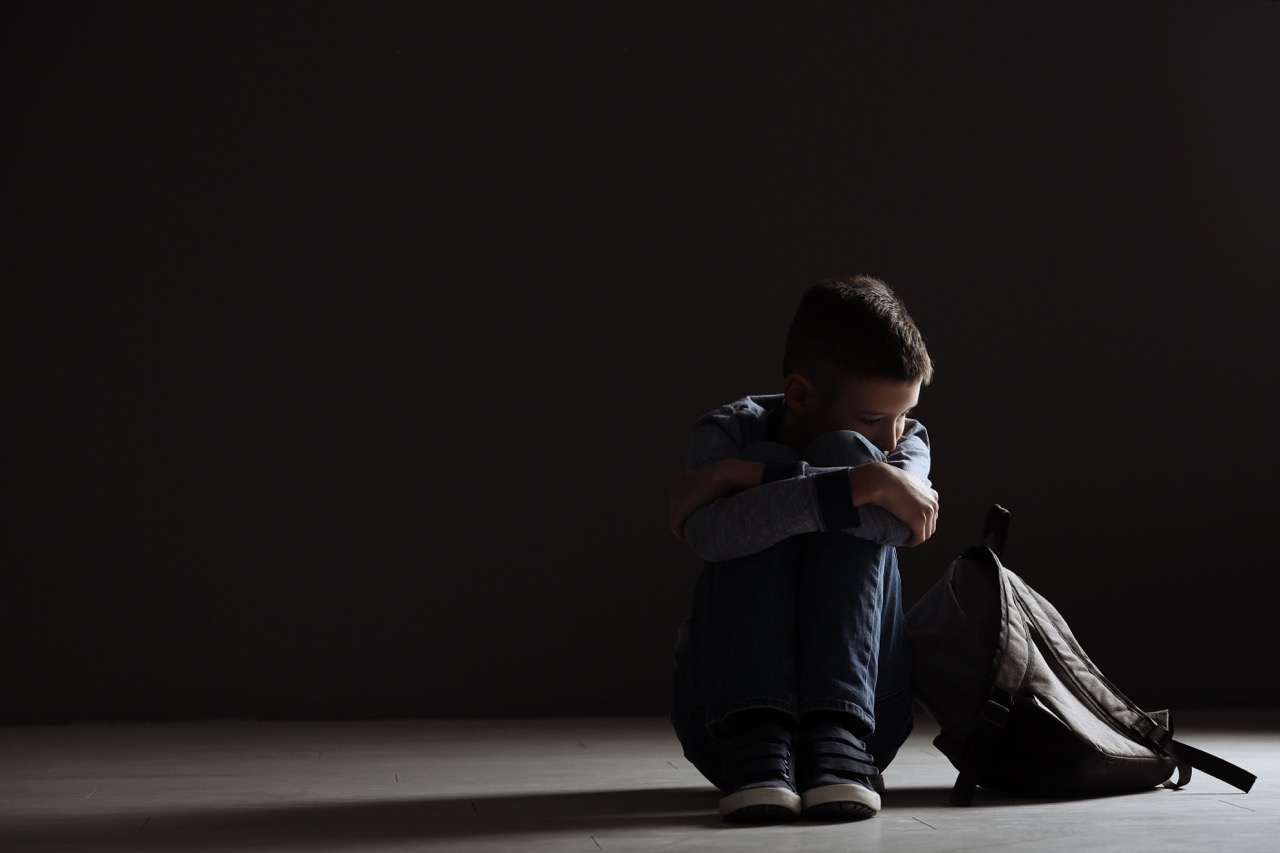In June 2023, American-British influencer Andrew Tate was arrested by Romanian authorities on suspicion of human trafficking and rape.
The arrest ended a year of notoriety and fame for the former professional kickboxer, whose TikTok account had roughly 12 billion views before being banned on the social media platform.
Tate was a self-proclaimed sexist and misogynist. His views on women and his popularity online seem to be paradoxical. However, his popularity and support among young men forces us to step back and think deeper about the factors that have allowed him to become so popular.
On Nov 15, the World Health Organization (WHO) declared loneliness a global public health concern, with U.S. Surgeon General Dr. Vivek —co-leader of a WHO commission on the problem—saying loneliness and its adverse effects are comparable to smoking 15 cigarettes a day.
Jonathan Haidt, an American Yet even before the COVID pandemic accelerated its effects, the rapid drop in the mental health of teens was well-documented. From 2009 to 2019, the U.S. Centers for Disease Control and Prevention already found a 40 per cent increase in “persistent feelings of sadness or hopelessness” among high school students, a 36 per cent increase in the number that seriously considered suicide, and a 44 per cent spike in the number of suicides.
Already socially conditioned to be “lone wolves,” the mental health of young men has taken another hit from this steep increase in loneliness.
Fifteen per cent of men report having no close friend. Another 28 per cent under the age of 30 report having no close social connections.
This lack of real friendship and companionship has already driven many to the fringes of the internet, where they can be distracted from a growing sense of emptiness.
These social media and online spaces that permit reactionary and extremist ideologies and extreme language have been linked to documented incidents of in-person violence, often perpetrated by young men. Like lone wolves, these young men have no home, no social pack, nothing to rely on and nothing to lose, except the opportunity to lash out against those they blame for their problems.
We’ve already seen a new generation of these young men emerge, alienated, lonely and enchanted by strongmen like Tate, who claim to have the answer why their world is closing up around them and purport to show who exactly is responsible for these feelings.
When I ask my parents about their childhood, what they describe seems alien to my current high school experience. As someone born into an already digitized world, I’ve never fully noticed just how much digital technology has changed the world.
In the fall of 2021 when I started high school, I noticed something off in the boys of my grade. They were far more misogynistic, bitter and resentful than the men and boys I had encountered before. This led me down a rabbit hole of news articles about Tate and his meteoric rise to prominence.
That same year, I was also recommended a book by Haidt, who had been writing about the growing mental health crisis among teens and the causes behind it. Ever since then, I’ve been thinking about and searching for the causes of the crisis and toxic masculinity.
From what I’ve personally experienced and read, I believe a solution is imminently needed even though I don’t know what the specific solution might be.
Banning phones from schools or raising the age of social media usage may slow the crisis but can never serve as a permanent solution. These solutions only regulate when and where social media is used, which teens could easily wait out until they’re away from school.
With no long-term solution in sight, will ours become a broken generation?
When I started writing this piece, I didn’t intend for an inconclusive and disheartening conclusion. However small and young my voice is, I hope to get more people thinking about this very real crisis that poses not only a threat to men, but to my entire generation.
DANIEL LI IS A GRADE 10 STUDENT AT UNIVERSITY HILL SECONDARY
RESOURCES
- If you’re in immediate danger or need urgent medical support, call 9-1-1.
- If you or someone you know is thinking about suicide, call or text 9-8-8.
- For young people to connect one-on-one with a mental health professional, call 1-888-668-6810 or text WELLNESS to 686-868.
- Call the Crisis Line Association of B.C. at 310-6789 for emotional support, crisis and suicide assessment and intervention, and resources relating to mental health.
- For First Nations, Inuit, and Métis Peoples, call 1-855-242-3310 (toll-free) or connect to the online Hope for Wellness chat at https://www.hopeforwellness.ca/
- Call 1-800-668-6868 (toll-free) or text CONNECT to 686-868. The lines are available 24 hours a day, 7 days a week to Canadians aged 5 to 29 who want confidential and anonymous care from trained responders.
- For online information on mental health and substance abuse from Vancouver Coastal Health: https://www.vch.ca/en/health-topics/mental-health-substance-use.
